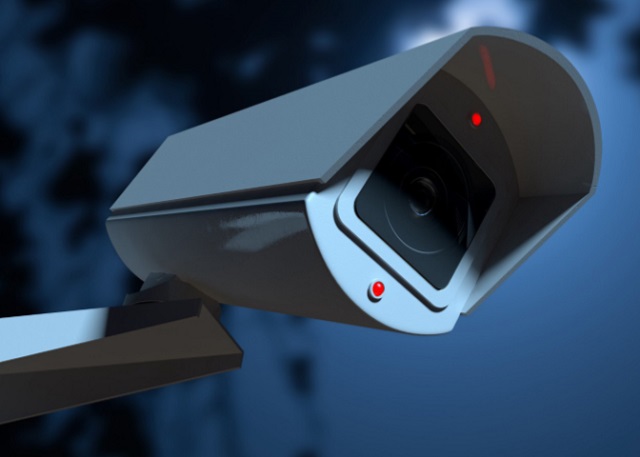
Kampala, Uganda | THE INDEPENDENT | Police officers in control rooms of Closed Circuit Television (CCTV) security cameras shall be prosecuted in police disciplinal tribunal for sharing footage to civilians.
Asan Kasingye, the Chief Police Commissar (CPC) and Assistant Inspector General of Police (AIGP) said all officers in CCTV monitoring rooms have no legal permission to share clips to civilians because such footage must only be accessed by forensic experts.
Kasingye says there are scenarios where civilians have gone to police stations and CCTV monitoring rooms demanding for footage captured about certain criminal activities or accidents. He warns officers not to succumb to such pressures because they would face it rough afterwards.
Police say sharing footage to civilians without police authority does not only jeopardise investigations but puts life to suspects captured in a traffic offence or criminality at risk.
Kasingye emphasizes his argument citing an example of an accident that occurred at Jinja road but a driver of the car that was smashed rushed to the Jinja Road police station control room demanding for the footage.
“Where civilians go wrong, is to insist that they should be given the recordings. Officers there do not have the legal authority to give you the footage because they have not studied forensic. CCTV footage must be accessed by forensic experts because they have forensic knowledge,” says Kasingye.
Police say some people have a tendency of wanting to solve matters with their own means thus giving the footage to a charged person can result in committing offences like lynching the suspected offender.
All officers, Kasingye says are cautioned on limiting access to control rooms to unauthorized persons but also ensure the footage within their possession is secured to serve the intended purpose which is investigations and forensic analysis.
Kasingye says even if it is a forensic officer, he is not supposed to release the footage unless a decision had been made in consultation with commissioners or directors in charge of Information, Communication and Technology (ICT) and forensic.
“In fact, some ask how much do you want. We share the videos using the command centres for Chogm only when we want the public to help in getting suspects. But the major purposes for CCTV cameras are prevention and forensic,” Kasingye adds.
Police say it would arrest and prosecute all officers that will illegally share CCTV footage without consent of supervisors since some civilians go as far as asking for much officers want to share the videos.
Kasingye says a civilian can only access the CCTV footage from police if he wants to be use in prosecution but the order must also come from court. However, he adds that police could also release the footage on social media platforms for public to held in tracing for criminals captured in videos.
Police currently uses the 2007 Commonwealth Heads of Government Meeting (Chogm) control units to extract clips of crime scenes which they share on social media. At least several suspects especially street muggers, Bodaboda robbers and car vandals have been arrested using CCTV cameras.
****
URN
 The Independent Uganda: You get the Truth we Pay the Price
The Independent Uganda: You get the Truth we Pay the Price



